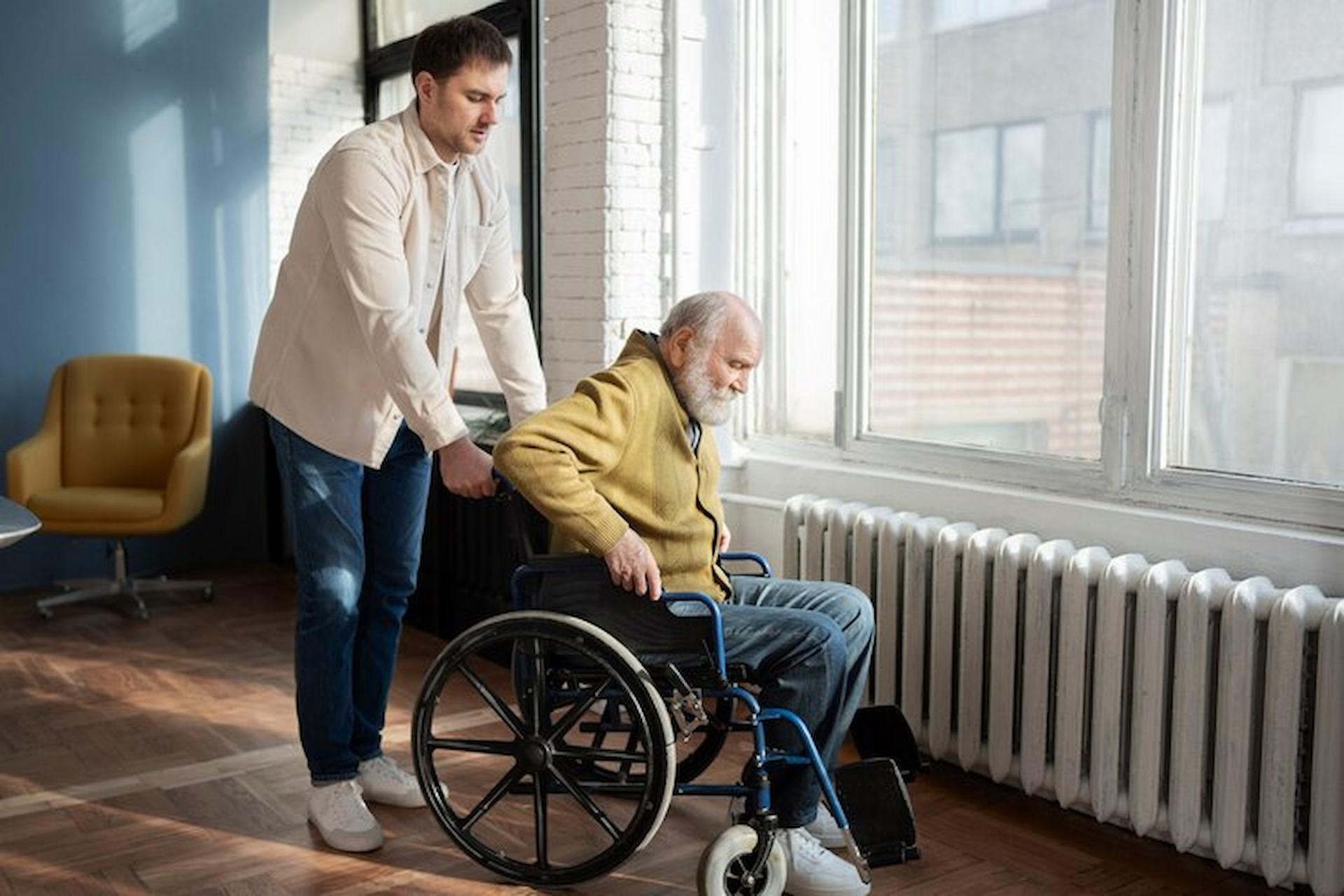When a loved one moves into a care home, it can be a challenging time for families. They might feel a mix of emotions, including relief, guilt, and sadness. Supporting families during this transition is crucial. It helps them cope better and stay connected with their loved ones. Here are some ways to support families of care home residents.
Open Communication
- Regular Updates
One of the most important ways to support families is through regular updates. Families are concerned about the well-being of their loved ones. Care homes can send updates via phone calls, emails, or meetings. Sharing information about the resident’s health, activities, and overall well-being reassures families that their loved one is in good hands.
- Listening to Concerns
Families may have many questions and concerns. It is essential to listen to them patiently. Addressing their worries and providing clear answers helps build trust. This also shows that the Care Home Waltham Abbey values their input and cares about their loved ones.
Family Involvement
- Encouraging Visits
Encouraging family visits is vital. It keeps the bond between the resident and their family strong. Care homes can set up comfortable visiting areas and organise special events where families can participate. This makes visits more enjoyable and meaningful.
- Family Events
Hosting family events can be very beneficial. Family dinners, holiday celebrations, or activity days can create happy memories. These events also allow families to meet the staff and other residents, fostering a sense of community.
Emotional Support
- Counselling Services
Providing access to counselling services can help families deal with their emotions. Talking to a professional can offer them a safe space to express their feelings. Counselling can also provide them with coping strategies to manage stress and anxiety.
- Support Groups
Support groups are another excellent resource. Families can meet others who are going through similar experiences. Sharing stories and advice can be comforting and empowering. Care homes can help set up these groups or connect families with local support networks.
Education and Information
- Informative Workshops
Offering workshops on topics like dementia care, elderly nutrition, and managing challenging behaviours can be very helpful. These workshops can educate families and equip them with the knowledge they need. Knowing more about their loved one’s condition helps them feel more confident and less anxious.
- Resource Materials
Providing resource materials, such as brochures, articles, and websites, is also beneficial. Families can read these at their own pace and refer back to them whenever needed. It’s a simple way to keep them informed and supported.
Practical Support
- Assistance with Logistics
Moving a loved one into a care home can involve many logistical challenges. Helping families with the paperwork, coordinating moving services, and setting up the resident’s room can ease the burden. This practical support shows families that the care home is there for them every step of the way.
- Financial Guidance
Care homes can also offer financial guidance. This can include information on funding options, insurance, and budgeting for care costs. Clear and transparent communication about finances can alleviate a lot of stress for families.
Building a Caring Environment
- Creating a Welcoming Atmosphere
A warm and welcoming atmosphere can make a big difference. Families need to feel that the Care Home Waltham Abbey is a second home for their loved ones. Friendly staff, a clean environment, and a positive vibe can make families feel more comfortable and reassured.
- Encouraging Feedback
Encouraging feedback from families is crucial. It helps the care home improve its services and shows that it values the family’s opinion. Regular surveys, suggestion boxes, and open forums can allow families to share their thoughts.
Conclusion
Supporting the families of care home residents is essential. It helps them cope with the transition and stay connected with their loved ones. Care homes can make a significant positive impact through open communication, family involvement, emotional support, education, practical help, and creating a caring environment. Remember, a happy and supported family contributes to a happy and well-cared-for resident.



Leave a Reply
You must be logged in to post a comment.